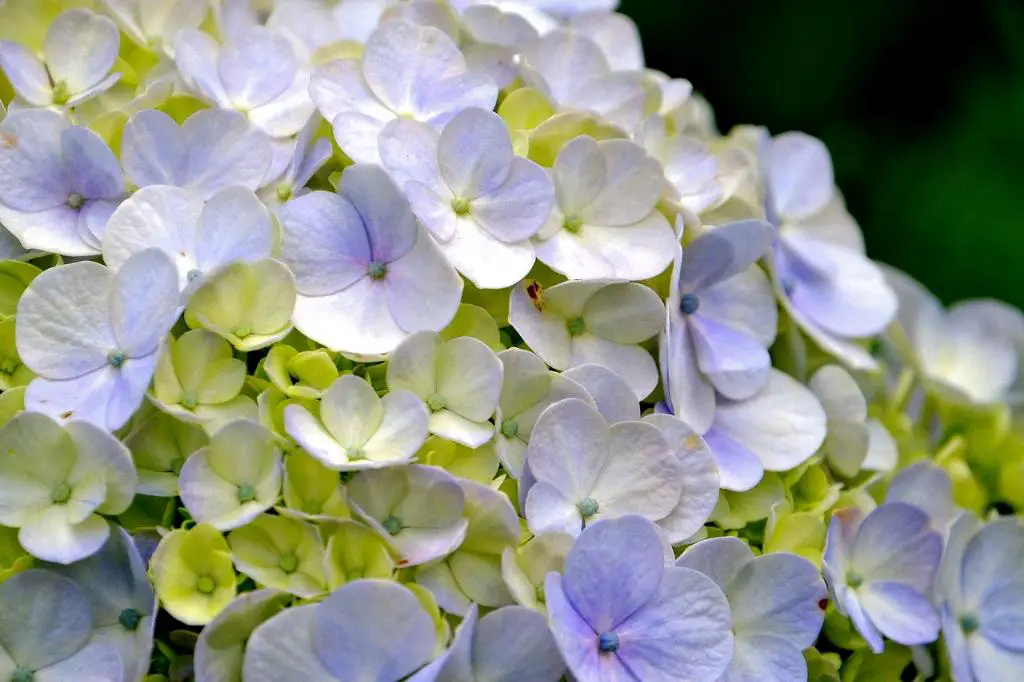When you wake up one morning to find your beloved hydrangea plant looking frail and wilted, it’s understandable to feel concerned. Your once vibrant and colorful blooms now appear droopy and sad, leaving you wondering what went wrong. There could be several reasons why your hydrangea wilted overnight, but one of the common culprits is dehydration.
Dehydration: The Potential Cause of Overnight Wilt
Hydrangea plants have specific water requirements to thrive, and when these needs are not met, they can quickly show signs of distress. Hydrangeas prefer moist soils and thrive in a humid environment. If your plant is not receiving an adequate amount of water, it may wilt as a result of dehydration.
Signs of Dehydration in Hydrangea Plants
Identifying dehydration in your hydrangea plant is crucial to addressing the issue promptly. Look for wilted leaves, droopy stems, and a overall lack of vigor in the plant’s appearance. If you notice these signs, it’s a clear indication that your hydrangea may be dehydrated and in need of immediate attention.
Strategies to Combat Dehydration in Hydrangeas
To combat dehydration in your hydrangea plant, you can start by ensuring that the soil remains consistently moist. Water your hydrangea deeply, allowing the water to penetrate the roots thoroughly. Consider adding a layer of mulch around the plant to help retain moisture in the soil and prevent rapid evaporation.
Humidity and Hydrangea Care
Humidity plays a crucial role in the health of hydrangea plants. These beauties thrive in a humid environment, so if your home or garden lacks humidity, consider misting the plant occasionally to create a more favorable atmosphere for your hydrangea. This simple act can go a long way in preventing dehydration and wilting.
Proper Hydrangea Watering Techniques
When watering your hydrangea, it’s essential to do so correctly to avoid overwatering or underwatering. Water the plant at the base to ensure that the roots receive adequate hydration. Avoid watering the leaves directly, as this can lead to issues such as fungal diseases. Consistent and proper watering is key to preventing overnight wilting.
The Role of Soil in Hydrangea Health
The type of soil your hydrangea is planted in can also impact its overall health and hydration. Hydrangeas prefer well-draining, rich soil that retains moisture without becoming waterlogged. Ensure that your plant is in soil that meets these requirements to promote proper hydration and prevent wilting.
Monitoring Hydrangea Health
Regularly monitoring the health of your hydrangea plant can help you catch issues such as dehydration early on. Check the soil moisture levels, inspect the leaves for any signs of wilting, and observe the overall appearance of the plant. By staying vigilant, you can address any potential problems before they escalate.
Hydrangea Maintenance Tips
In addition to proper watering and monitoring, regular maintenance practices can also contribute to the health and vitality of your hydrangea. Prune the plant as needed to remove dead or damaged branches, deadhead spent blooms to encourage new growth, and fertilize the plant appropriately to provide essential nutrients.
Seeking Professional Help
If despite your best efforts, your hydrangea continues to wilt overnight, it may be time to seek professional help. A local gardening expert or horticulturist can provide tailored advice and solutions to address the specific needs of your hydrangea plant and help revive it to its former glory.
Conclusion
In conclusion, dehydration is a common cause of overnight wilting in hydrangea plants. By ensuring proper watering, maintaining humidity levels, monitoring plant health, and providing adequate soil conditions, you can help prevent dehydration and keep your hydrangea thriving. With care and attention to detail, your hydrangea will continue to delight you with its beautiful blooms for years to come.

